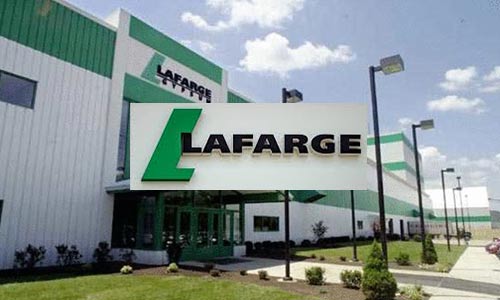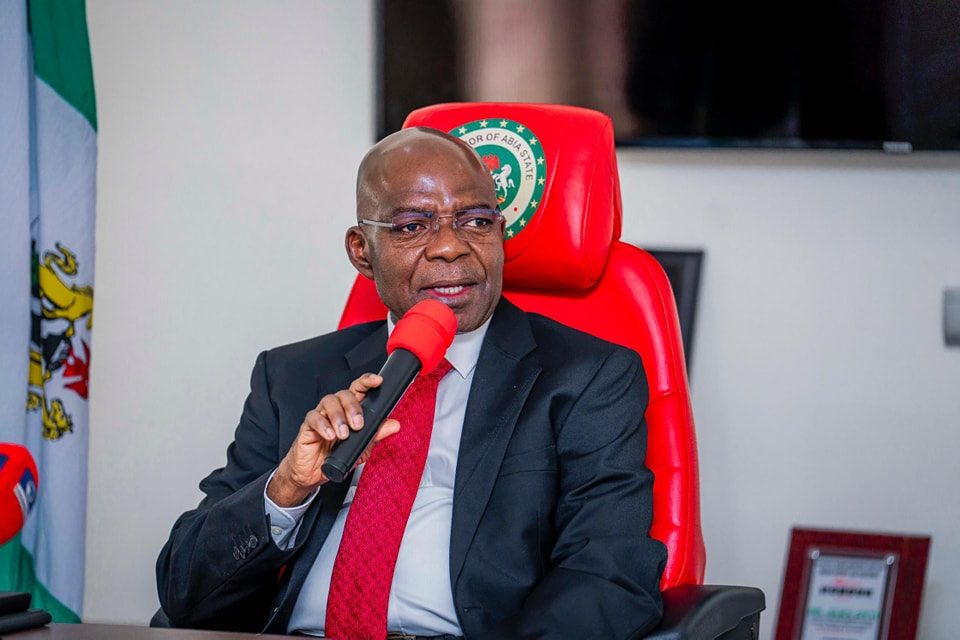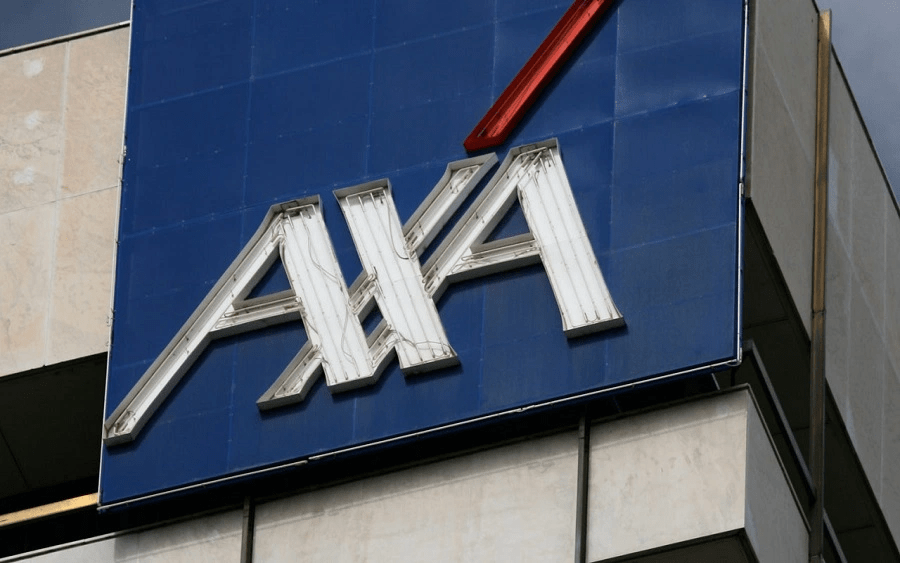Oborevwori relaunches the state security trust fund to procure modern surveillance equipment and operational vehicles, writes
FIDELIS EDUVIE
The decision by Governor Sheriff Oborevwori to relaunches the Delta State Security Trust Fund in partnership with the private sector is nothing short of visionary. In an era when security is often assumed to be the sole preserve of the government, his administration’s persuasion that security is everyone’s business is instructive.
According to Oborevwori, the fund was established in 2013 is to mobilise private-sector resources to complement the government’s investment in security. At the event which was held recently, he disclosed that the fund would be used to procure modern surveillance equipment, operational vehicles, and communication tools, as well as supporting the training and retraining of security personnel and community vigilante groups across the state’s 25 local government areas.
“Security is not the sole responsibility of government,” Oborevwori said, while announcing that 0.5 per cent of the state’s Internally Generated Revenue (IGR) had been earmarked monthly for Fund.
“It is everyone’s business. Without adequate security, development cannot thrive, businesses cannot operate freely, and investors will be reluctant to commit their resources. This Trust Fund represents our shared commitment to peace, public safety, and sustainable growth.”
The logic is glaring. One cannot thrive in an insecure environment. It is the absence of security that causes large swathes of land to lie fallow with farmers dreading their farms. It is the absence of security that forces people to leave their ancestral lands to become refugees in other lands. It is the absence of security that has transformed communities into ghost towns. It is the absence of security that allows insecurity to thrive, snuffing lives, dimming the peace and driving prosperity away.
It is especially encouraging that the Oborevwori administration has set aside a steady 0.5% monthly commitment from the state’s IGR. By this move, the administration is demonstrating that this initiative is not a lip-service proposition but a structural reform. That kind of financial allocation speaks to seriousness, to a recognition that long-term security infrastructure demands consistent funding, not one-off handouts.
When one examines the context of the Niger Delta region, where criminal networks, illegal oil bunkering, youth restiveness, and environmental pressures have often combined to undermine progress, the approach taken by Governor Oborevwori stands out as pragmatic. Rather than simply deploying more security agents or weaponry, the emphasis on modern surveillance, operational vehicles, communication tools, and the training of community vigilante groups reflects a holistic strategy. It recognises that sustainable security cannot be imposed from the top down alone. It must be built from within society, with the involvement of every stakeholder.
What is also highly commendable is the governor’s acknowledgement that security links intimately with economic development. In his speech he stated openly that without safety, development cannot thrive, businesses will be hesitant to commit resources, and citizens will be denied the quality of life they deserve. This is not rhetoric but a fundamental truth. When a state projects that it is not safe to invest, entrepreneurs hold back, employment stagnates, and the cycle of poverty and insecurity becomes self-reinforcing. And the people that are made worse-off, are the residents. In an ideal setting, security management should be a public-private partnership.
“Peace and security are better sustained when citizens, especially women and youths, have opportunities to participate in economic growth,” Oborevwori said.
“Your contributions today are not just donations; they are investments in peace, stability, and economic prosperity.”
The chief launcher, Chairman of Tantita Security Services Limited, High Chief Government Ekpemupolo, kicked off the funding with a N10bn donation. Other big donations that followed came from the Group Chairman of Access Holdings Plc, Aigboje Aig-Imoukhuede, who chaired the occasion, and announced a N100 million personal donation on behalf of himself and his wife. And Zenith Bank founder and chairman, Jim Ovia, who was Special Guest of Honour, reaffirmed Zenith Bank’s partnership.
It is refreshing to see the voluntariness of the appeal. When communities, companies and individuals view their contributions as investments in their own future, then the Fund gains not only money but legitimacy and endurance. It is that ownership which will ultimately determine whether this initiative thrives beyond the short term. Of course, the path ahead will include challenges but the foundation laid by this initiative is a strong one. It demonstrates leadership, vision, and the kind of multi-sector collaboration needed in today’s Nigeria.
Moreover, this initiative sends a strong signal to investors, both local and foreign. By visibly committing to safe, secure governance, Delta State enhances its attractiveness as a location to do business. Companies analyse risk, and risk includes the safety of their operations, personnel and assets. Another point worth highlighting is the transparency commitment the governor gave: assuring that the funds will be judiciously managed. Good governance is as important as good intention. When citizens and private partners commit resources, trust must be built. By setting this standard early, the administration is laying the groundwork for sustained success. With previous initiatives undermined by mismanagement or lack of accountability, the overt emphasis on transparent administration of the Fund is a welcome departure from business-as-usual.
Across Nigeria, states struggle with limited resources, rising security demands and shrinking margins of safety for citizens and investment alike. Before September 2007 when Lagos State initiated the Lagos State Security Trust Fund (LSSTF), the state, just like any other, had to contend with the inadequacy of federal security apparatus. Notably, the police, the closest security architecture to the people, lacked basic infrastructure. The police stations looked uninspiring, the barracks were appalling, salary and allowances poor, vehicles rickety. Simply put, the police were not well funded for its primary role of providing security. But it did not take long for the benefits of the LSSTF to be felt. And following that discovery, other states, including the federal government emulated and created versions of the fund. It is commendable that they are copying a good model.
As a major player in the oil and gas industry in Nigeria, Delta State occupies a solid position and the idea of a Security Trust Fund also speaks to a deeper fact that governance in the 21st century cannot solely rely on public sector capacity. The complexity of modern security demands that resources, innovation and opera tional models draw on private sector funding, citizen buy-in, and public-network integration.
The Security Trust Fund is not merely a policy instrument; it is the shorthand for collective hope, shared responsibility and a more prosperous tomorrow for all Deltans. By acknowledging this and operationalising it, Oborevwori has positioned Delta State to leap forward to more greatness. He deserves his flowers.
Eduvie writes from Asaba, Delta State




